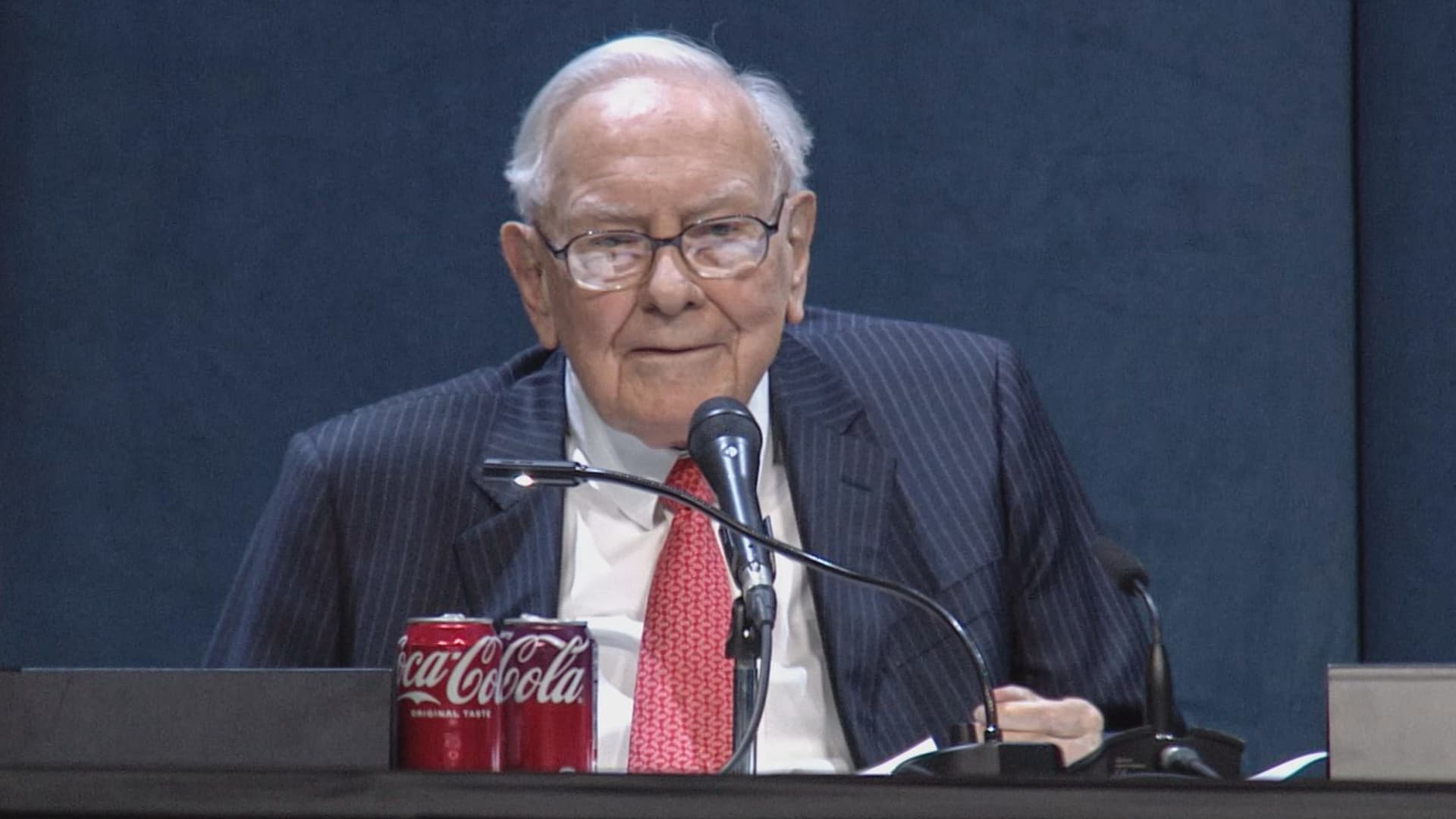The Changing of the Guard at Berkshire Hathaway: A New Era Begins
Introduction: The End of an Investment Dynasty
When Warren Buffett speaks, the financial world listens. Now, as the legendary “Oracle of Omaha” prepares to pass the torch at Berkshire Hathaway, investors and business leaders alike are watching closely. This isn’t just a CEO transition—it’s the conclusion of one of the most remarkable leadership runs in corporate history and the beginning of a carefully orchestrated succession plan.
At the heart of this transition is Greg Abel, the man Buffett himself has endorsed as his successor. Abel, a seasoned executive with deep roots in Berkshire’s operations, represents both continuity and change. But what does this shift mean for Berkshire Hathaway, its shareholders, and the broader business landscape?
The Buffett Legacy: More Than Just Numbers
A Masterclass in Value Investing
Warren Buffett didn’t just build a company—he crafted an investment philosophy that reshaped modern finance. His approach, rooted in Benjamin Graham’s principles of value investing, emphasized buying undervalued companies with strong fundamentals and holding them for the long term. This strategy turned Berkshire Hathaway from a failing textile mill into a $700+ billion conglomerate with holdings in insurance (Geico), railroads (BNSF), energy, and consumer brands like Dairy Queen and Duracell.
Leadership Beyond Profits
Buffett’s influence extended beyond balance sheets. His annual shareholder letters became must-read material, blending financial wisdom with folksy charm. He championed transparency, ethical business practices, and a long-term mindset in an era increasingly dominated by short-term gains. His decision to pledge 99% of his wealth to philanthropy further cemented his reputation as a leader who saw business as a force for good.
Greg Abel: The Heir Apparent
From Energy to the Executive Suite
Abel’s rise within Berkshire was neither accidental nor rushed. Before being named vice chairman in 2018, he spent nearly two decades at Berkshire Hathaway Energy, where he oversaw massive growth, including the expansion of renewable energy projects. His operational expertise and disciplined capital allocation made him a standout candidate in Berkshire’s famously decentralized structure.
Why Abel?
Buffett’s choice reflects a deliberate strategy:
– Operational Mastery: Abel has a proven track record in managing complex, capital-intensive businesses—a skill critical for overseeing Berkshire’s diverse holdings.
– Cultural Fit: He embodies Berkshire’s ethos of frugality, long-term thinking, and decentralized management.
– Succession Preparedness: Unlike many companies that scramble when a legendary CEO departs, Berkshire has had a clear succession plan for years, minimizing disruption.
The Road Ahead: Challenges and Opportunities
Stepping Out of a Giant’s Shadow
Abel’s biggest challenge won’t be financial—it’ll be psychological. Succeeding an icon like Buffett means every decision will be scrutinized against his predecessor’s legacy. Can Abel maintain Berkshire’s unique culture while putting his own stamp on the company?
Navigating a Shifting Investment Landscape
The world Buffett dominated is changing:
– Interest Rates & Market Volatility: Berkshire’s cash-heavy strategy thrived in a low-rate environment. Can Abel adapt to higher borrowing costs?
– Tech Disruption: Buffett famously avoided tech stocks until Apple. Will Abel be more aggressive in embracing innovation?
– ESG Pressures: As environmental and governance concerns grow, how will Abel balance Berkshire’s traditional industries with stakeholder expectations?
The Elephant in the Room: Deploying Berkshire’s Cash
With over $140 billion in cash reserves, Abel faces immediate pressure to put this “dry powder” to work. Will he:
– Make a mega-acquisition (a la Precision Castparts)?
– Ramp up stock buybacks?
– Venture into new sectors?
His early moves here will signal his strategic priorities.
The Bigger Picture: What This Means for Investors
Stability Over Drama
Unlike chaotic CEO transitions at other firms (looking at you, Disney), Berkshire’s handoff is a masterclass in planning. The stock’s muted reaction to the news reflects investor confidence in the process.
A Test of Decentralization
Berkshire’s model—autonomous subsidiaries with minimal HQ interference—was built for this moment. If Abel can resist micromanaging, the machine should hum along.
The Future of “Buffett Premium”
For decades, simply being associated with Buffett added value to deals and investments. Will Abel command the same influence?
Conclusion: The Measure of Success
Warren Buffett didn’t just leave shoes to fill—he left footprints. Greg Abel’s success won’t be judged by whether he replicates Buffett’s magic (an impossible task), but by how he leverages Berkshire’s strengths in a new era.
If Abel can:
✔ Preserve the culture while embracing necessary evolution
✔ Deploy capital as shrewdly as Buffett accumulated it
✔ Maintain Berkshire’s reputation as the “gold standard” of corporate governance
…then this transition will be remembered not as the end of an era, but as the start of Berkshire’s next act. One thing’s certain: with Abel at the helm, the world’s most fascinating conglomerate just got a new chapter worth watching.











